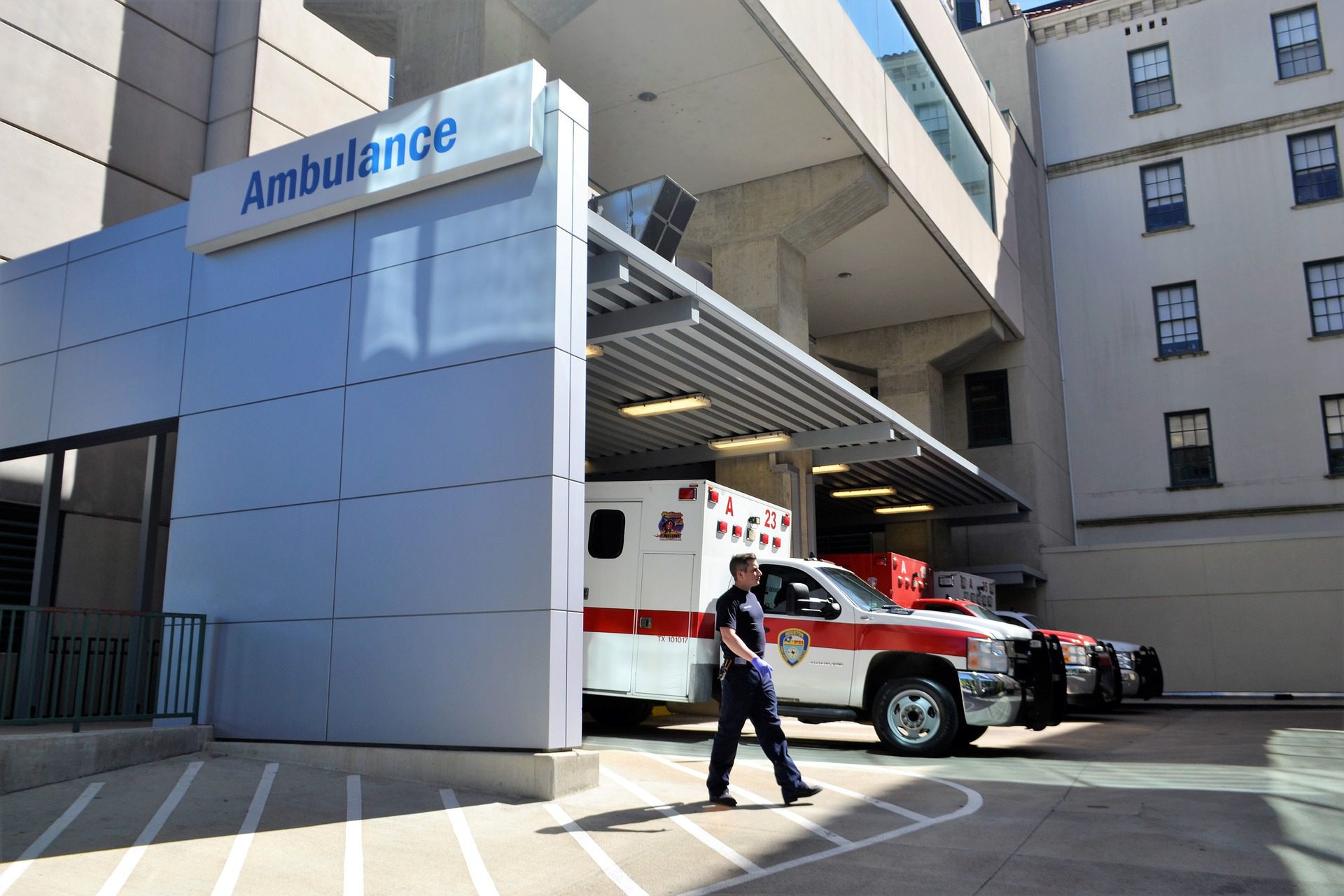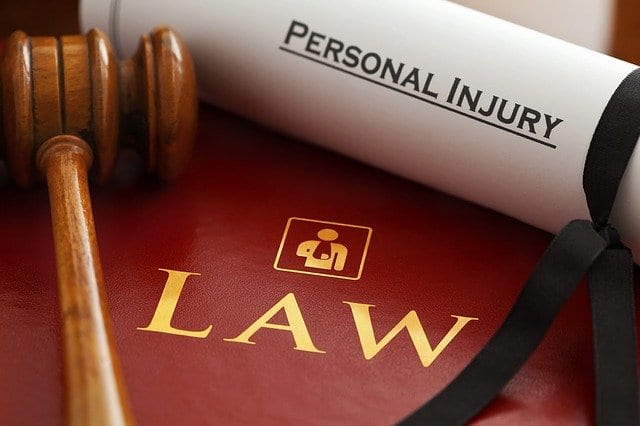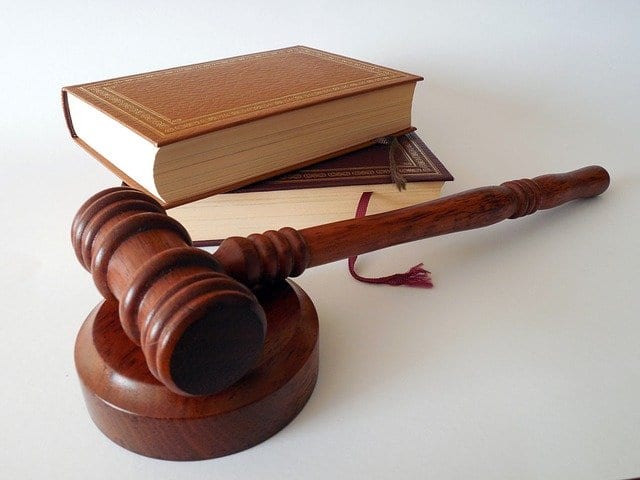Producers have a duty of care to make sure that their products are safe for customers to utilize. Nonetheless, thousands of persons are hurt every year due to defective items, per the Consumer Product Safety Commission. Often, these persons will pursue a product liability claim to seek reimbursement from the producers for their damages.
The specifics of product liability claims can differ tremendously from one case to another. But irrespective of the particulars of your product liability case, it can be categorized into the following primary groups.
Manufacturing Flaws

The most prevalent sort of product liability claim is one based on faulty manufacturing. The item in question has a severe production problem in manufacturing flaws scenarios, which makes it both unsafe and distinct from its comparable equivalents. Examples of manufacturing flaws include:
- Improper assembly (at the manufacturing level)
- Using inappropriate or subpar parts
- Contaminants or hazardous chemicals in products
Substandard Design
In faulty design cases, the issue is in the product’s development rather than how it was made. According to these allegations, the complete product line is intrinsically dangerous to customers, regardless if it is used as directed. Typical instances of design flaws include:
- Improperly connected products, which spark fires or cause electrocutions
- Structurally unsafe devices
- Hazardous items, which lack basic or acceptable safety characteristics
Lack Of Proper Warnings Or Guidelines

Lack of warning or instruction product liability cases include products that could be hazardous if utilized wrongly, which is frequently in a manner, which is not readily apparent to the user.
In some circumstances, the producer is obliged to include cautions or guidelines, informing the consumer how to utilize the product appropriately.
Common examples include:
- A product whose label fails to notify of possibly serious side effects or reactions
- Highly unsafe products, which lack guidelines for safe usage and handling
- Warnings or instructions that are so unclear that perhaps the typical customer still does not grasp the risk or how to prevent it
Strict Liability
Finally, strict liability may be the most stressful aspect of a corporate owner’s product liability as it is the most changeable and difficult to predict or influence. Strict liability lets a consumer hold a firm liable if they can demonstrate several reasonable claims, even though the business’s actual objective was not to injure the consumer or cause any loss or damage.

For the consumer to demonstrate strict liability, they must show:
- The product defect and the risk it posed to the user
- The product caused damage to property, bodily harm, etc.
- An injury resulted when using the product for its presumed objective
- No major alterations were made to the product following the customer’s purchase
Do You Have A Case Involving Product Liability?
Were you harmed by a faulty, insufficiently designed product or did not bear enough warnings or instructions? If this is the case, the competent product liability attorneys at Karnas Law Firm can assist you.
Schedule a free, no-obligation today with an expert Car Accident Attorney to discuss your case. To get started, contact the office through mobile or book online.
